Building boarding schools in border communes is an important political task of the province.
The construction of boarding schools in border communes demonstrates the deep concern of the Party and State for ethnic minorities in disadvantaged, remote and isolated areas, and is an important political task of the province in 2025 and the following years.
A society that wants to move towards lasting happiness must first create fairness. And that fairness - does not originate from rich or poor, from region or from occupation - but begins with education . It cannot be called fair if the gap and barriers in accessing knowledge are accepted as a given. It is impossible to reduce regional disparities if children in mountainous areas still have to cross mountains and streams to go to school, while urban children study in modern, well-equipped conditions. Cao Bang needs to shift its educational thinking from "compensating for disadvantages" to "creating opportunities", from "temporary support" to "long-term strategic investment" with a proactive, long-term integrated solution:
Ensuring equitable access to education: Tuition-free policy for preschool and primary education. The system of semi-boarding schools must be substantially upgraded, ensuring enough places to study, enough food and accommodation, and enough energy for a happy life. In particular, it is necessary to expand classes to teach literacy and ethnic minority culture to students and people in remote areas - not only to preserve the language and customs but also to create equality in access to knowledge. Policies to support poor students need to shift from situational support to support with data, monitoring, and responsibility through homeroom teachers, communities, and education management information systems. No student should be left behind or dropped out of school just because of circumstances.
Innovating educational methods towards modern integration: Integrated education of Science - Technology - Engineering - Mathematics (STEM) needs to become the focus of the educational program, not only to create logical thinking and problem-solving skills but also to help the young generation in the highlands shorten the development gap and be ready to enter the digital society. STEM cannot be just an extracurricular activity but must be the foundation of knowledge in the main curriculum, linked to local practices and global trends. Learning models linked to local practices: smart agriculture , preserving local culture and history need to be strongly encouraged.
Investing in teachers in disadvantaged areas: There needs to be specific policies to attract, retain and develop teachers in remote areas such as housing support, career support, etc. Teachers are further trained in integrated methods, technology application, and inspiration so that they themselves become centers of innovation and keep the faith in learning alive in schools in remote areas, border areas, etc.
Currently, the inter-level school model has been deployed nationwide due to its superiority, with the modern educational perspective of the inter-level school system aiming to guide students towards comprehensive development, becoming global citizens, receiving the absolute support and trust of parents.
In reality, many parents hope that their children will study in a school with the best educational quality, a modern, safe educational environment, spacious facilities, ensuring the best conditions and amenities for teaching and learning of students, especially ethnic minority students in remote, isolated, and border communes. However, in the province, there are no primary and secondary boarding schools for ethnic minorities that meet all of the above criteria. Therefore, the desire to have quality inter-level schools built is a legitimate aspiration and also an inevitable need of the people of ethnic minorities in difficult, isolated, and remote areas in the province.
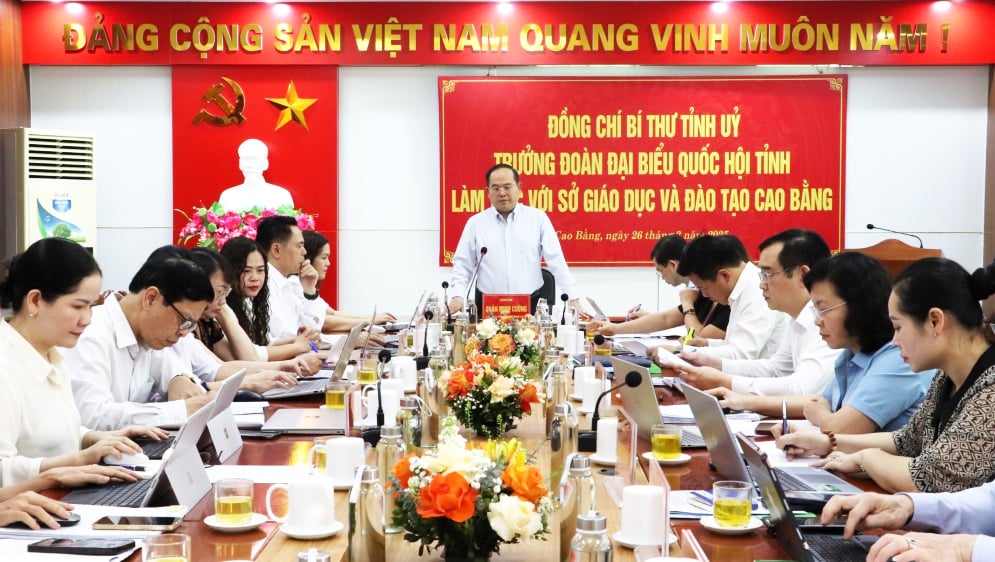
Synchronous, methodical and drastic implementation
Implementing the direction of the Politburo and the Government, since mid-July 2025, the province has urgently implemented a plan to build a system of inter-level boarding schools in border communes. The province plans to invest in building 10 schools. Each school is systematically planned, ensuring the best learning and boarding conditions for about 1,000 students, with a scale of 30 classes, on a minimum area of 5 hectares.
Building schools in border communes is not only an educational project, each school is also a symbol of faith, a place to inspire knowledge, preserve national culture, and nurture local cadres for the future.
The province has assigned departments, branches and localities to carefully review, propose land use planning, determine suitable locations for school construction, ensuring terrain, traffic, population conditions and long-term development capabilities.
Initially, the province has made an investment plan to build the Phuc Hoa Primary and Secondary Boarding School Project in Ban Moi hamlet, Phuc Hoa commune. The school is expected to be built on an area of 6 hectares, with 36 classes, 1,260 students, each class has a maximum of 35 students.
The province has implemented synchronous solutions with a proactive, transparent and strict spirit. The organization of school construction in border areas is carried out according to the "6 clear" principles directed by the Prime Minister: clear people, clear work, clear time, clear results, clear responsibilities and clear authority.
Special working groups have been established to conduct field inspections, determine investment plans, designs, and make estimates in accordance with technical standards and educational goals, ensuring compliance with the law, and absolutely preventing loss, waste, and negativity during implementation.
Synchronous development of teaching staff
Along with building infrastructure, the province pays special attention to developing staff and teachers. The province directs the Department of Education and Training to focus on arranging personnel in compliance with prescribed norms, ensuring enough teachers, managers, and staff to effectively operate the boarding school model.
Implement a plan to re-plan the entire network of schools and classes in the area towards standardization and modernization, gradually eliminating individual schools and classes; at the same time, rearrange the teaching staff scientifically, thoroughly overcoming the local shortage of teachers in remote areas.
Mobilizing all resources for border education
In addition to capital from the Central Government, the province has been proactively calling for resources from local budgets, the business community, social organizations, armed forces and unions... to participate in supporting the construction and operation of schools in border areas.
The inter-sectoral coordination mechanism between the government, people and businesses is designed to be flexible and sustainable. The goal is not only to build a spacious and fully functional school but also to create a long-term cultural and educational foundation, contributing to preserving national identity and comprehensive human development.
The inter-level boarding schools that are about to spring up in the border areas will not only be the result of close attention from the Central Government and political determination from the localities, but also a symbol of the desire for change, a spiritual support for families in the highlands, clinging to the land, protecting the village, and building the future with letters.
With the joint efforts of the whole society, these works of great humanitarian significance will contribute to building the border region to be increasingly rich and beautiful, strong in both the people's hearts and the potential for sustainable development - where children grow up in love, knowledge and pride as children of the border mountains and forests.
Source: https://tuyengiaocaobang.vn/index.php/tin-trong-tinh/tap-trung-trien-khai-quyet-liet-xay-dung-truong-hoc-vung-bien-1913.html


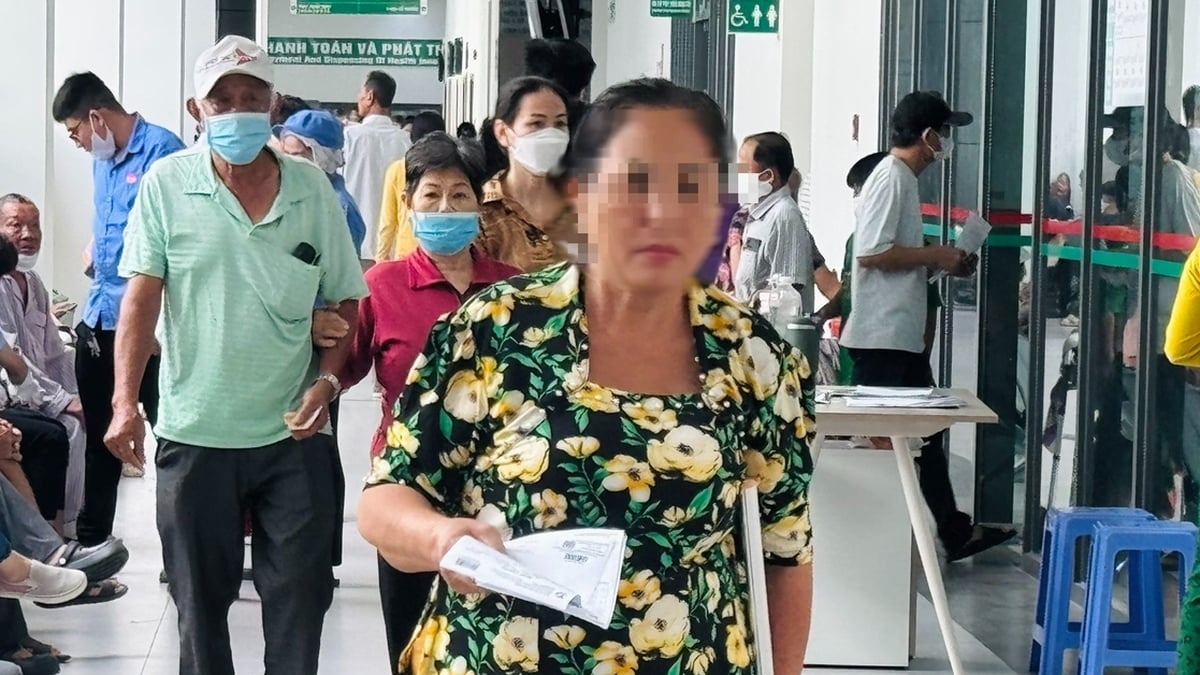
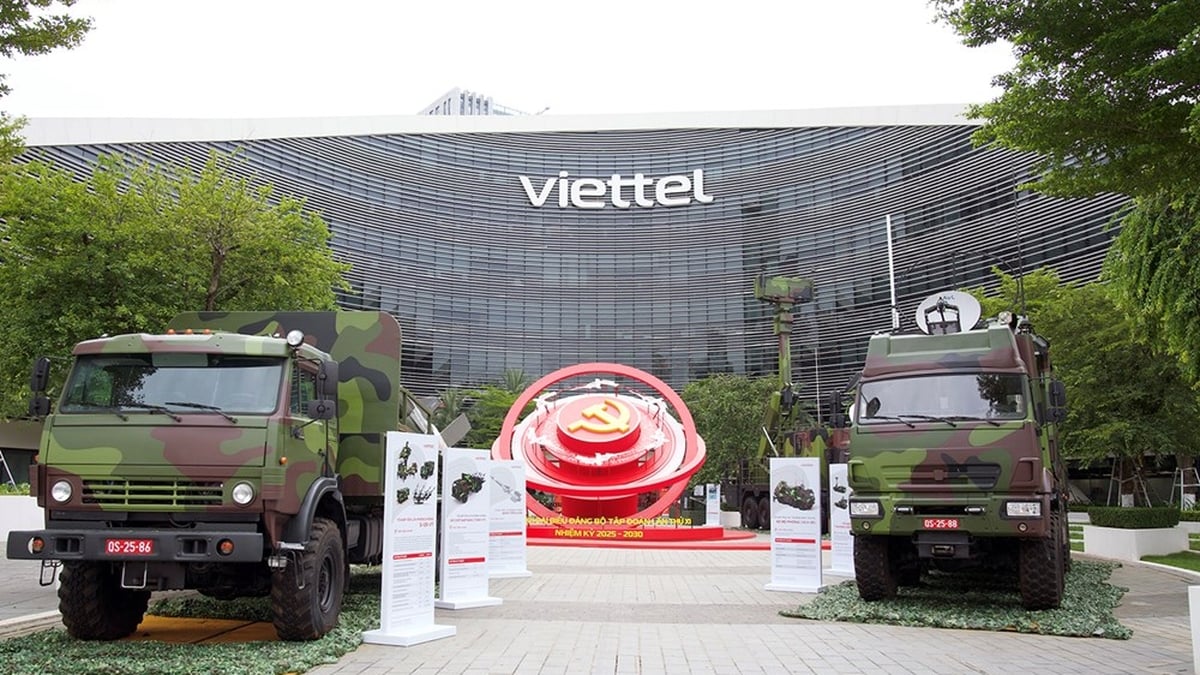
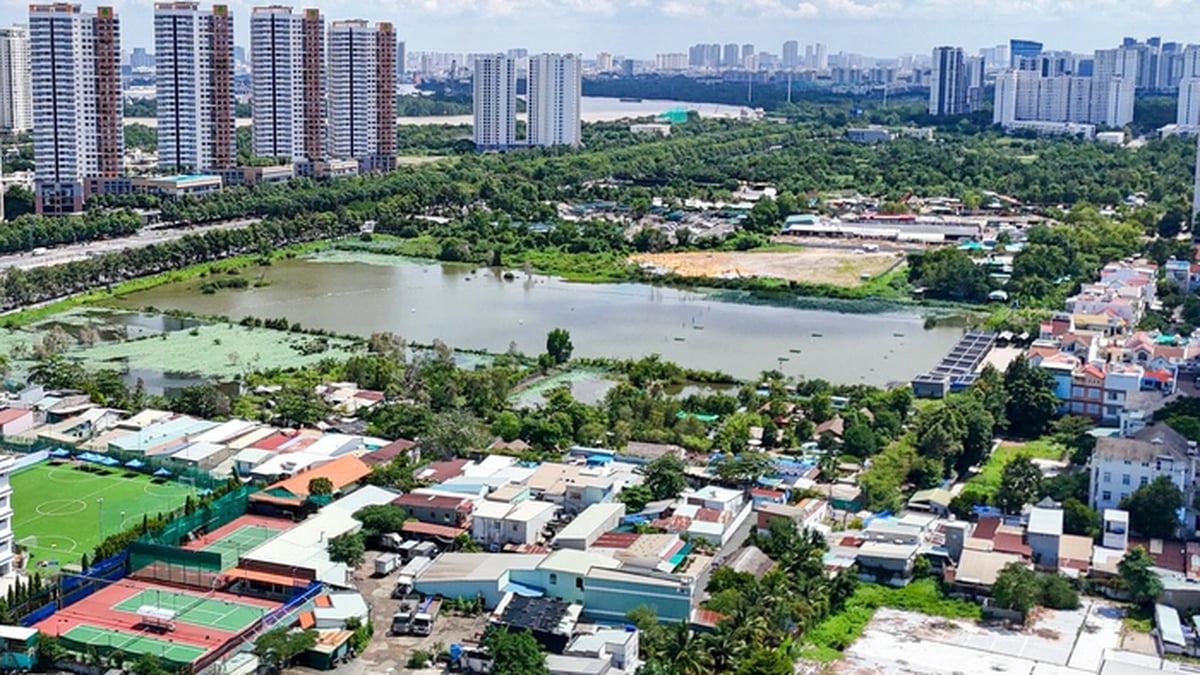


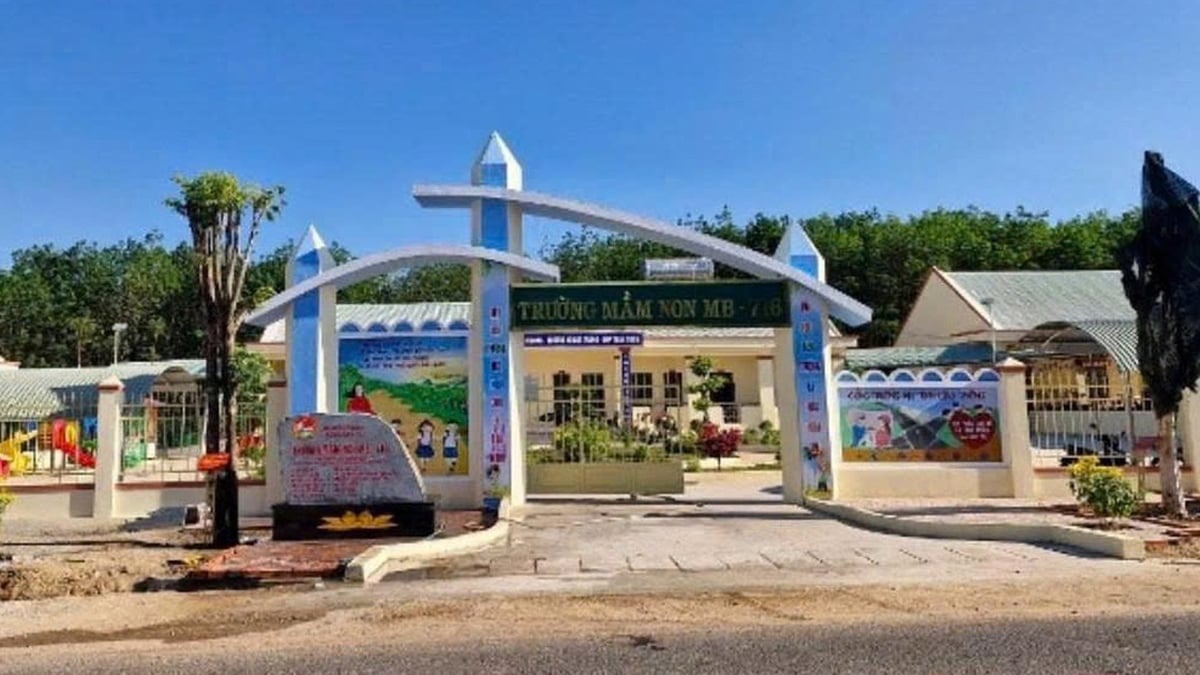

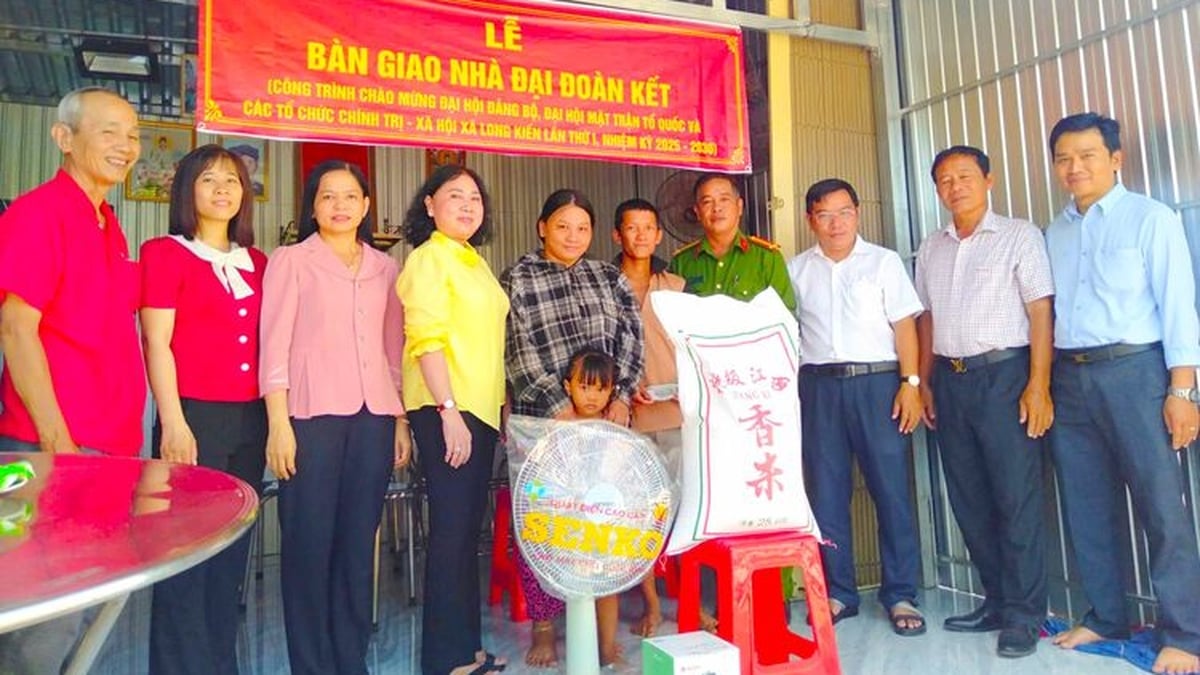
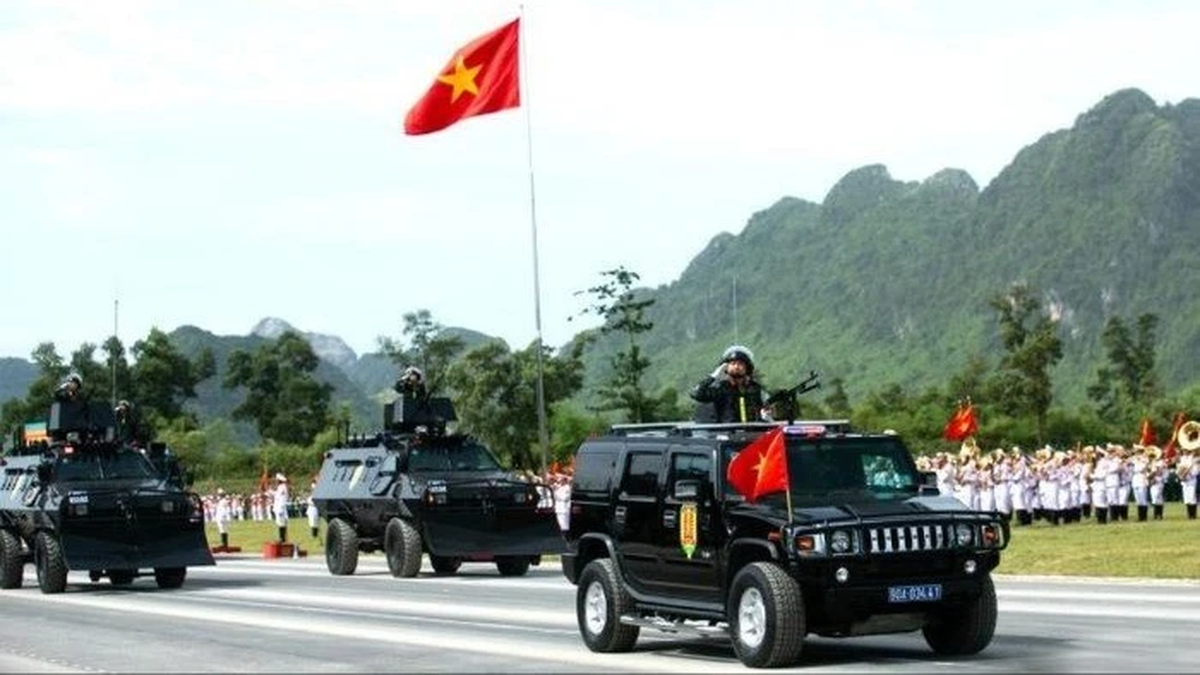
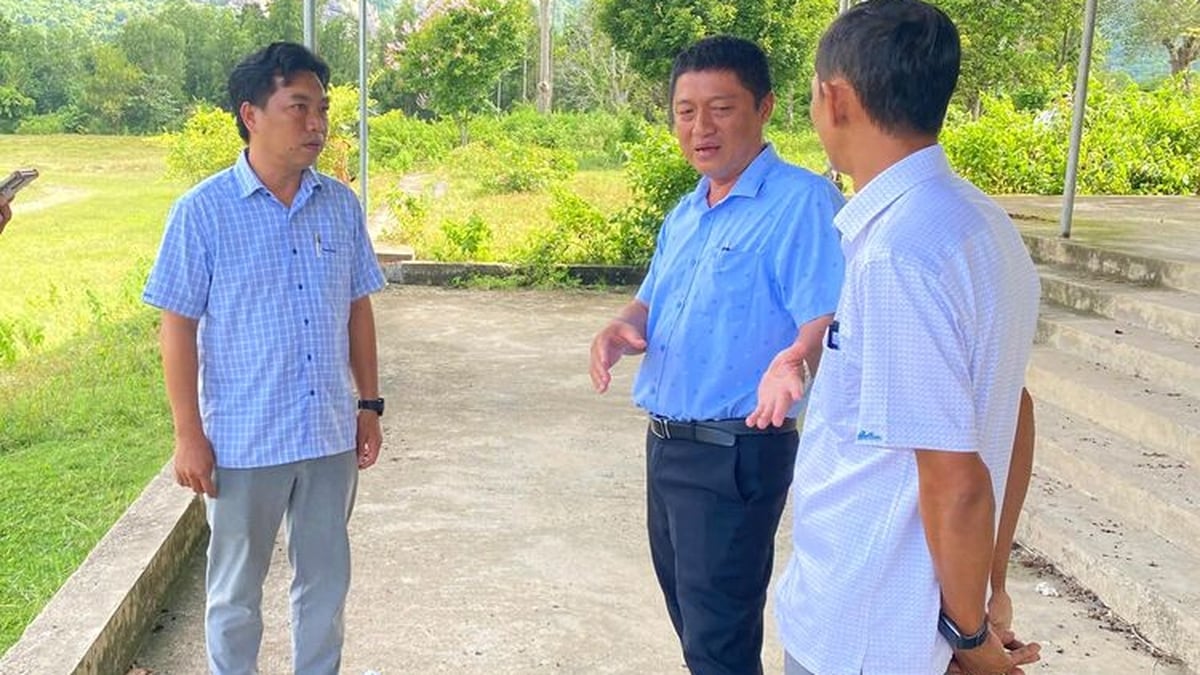











































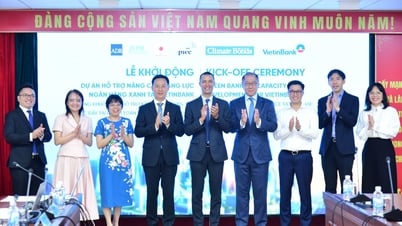





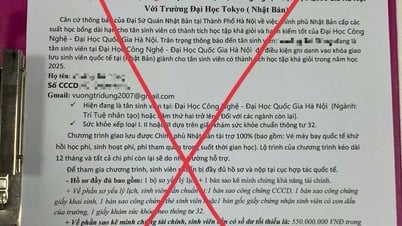
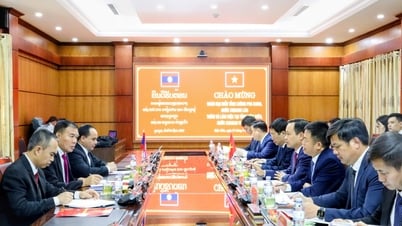


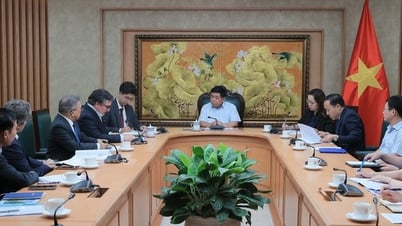


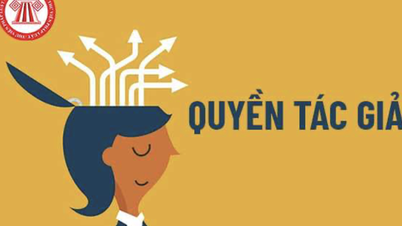

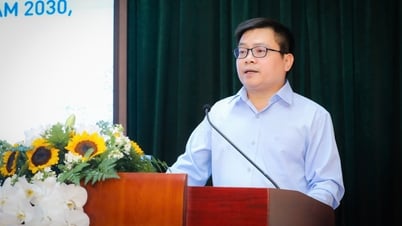

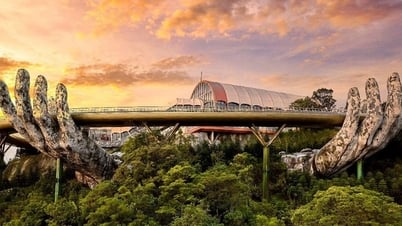
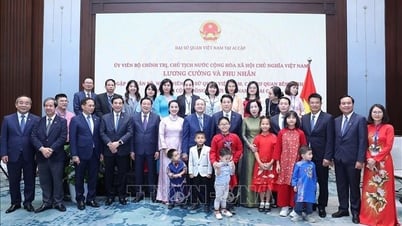

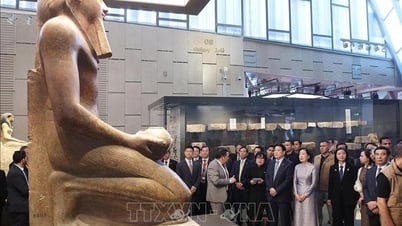
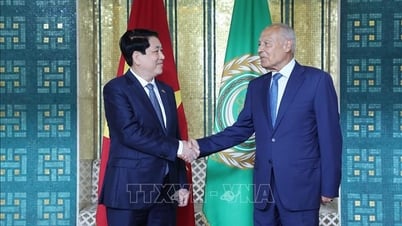


















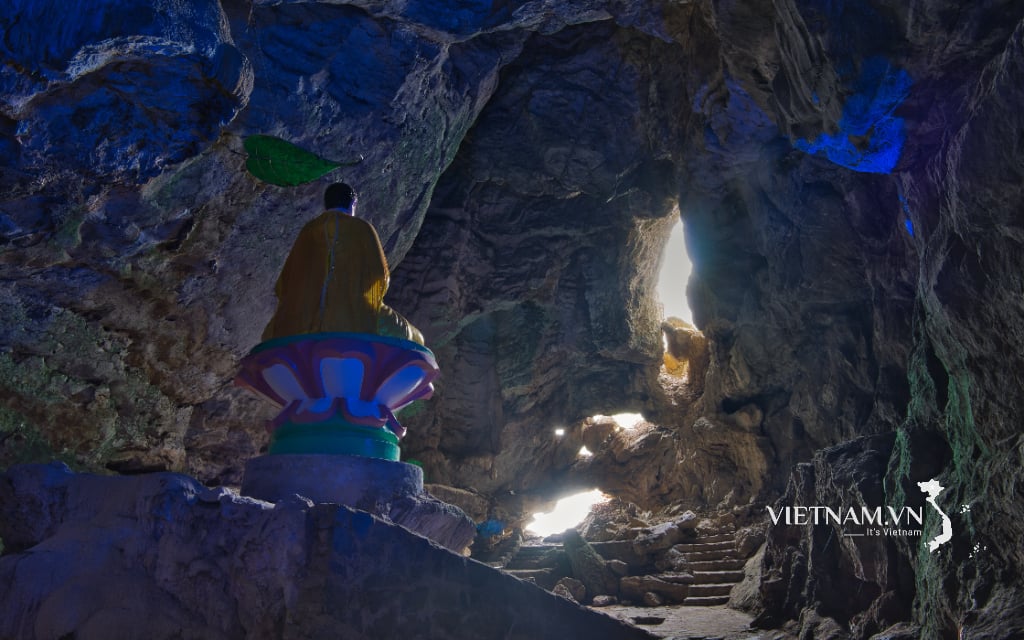
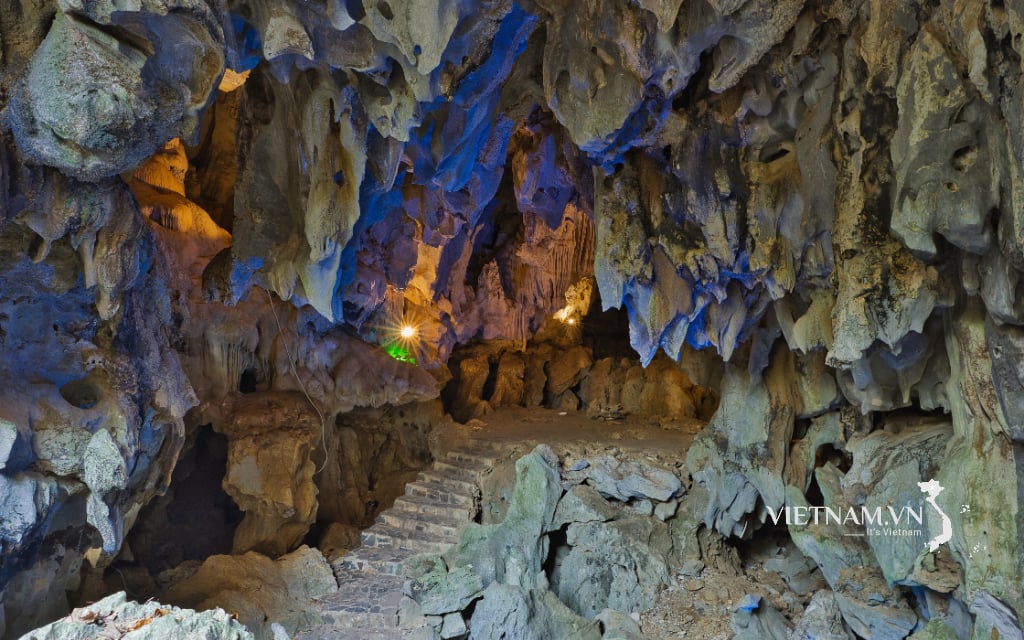

Comment (0)